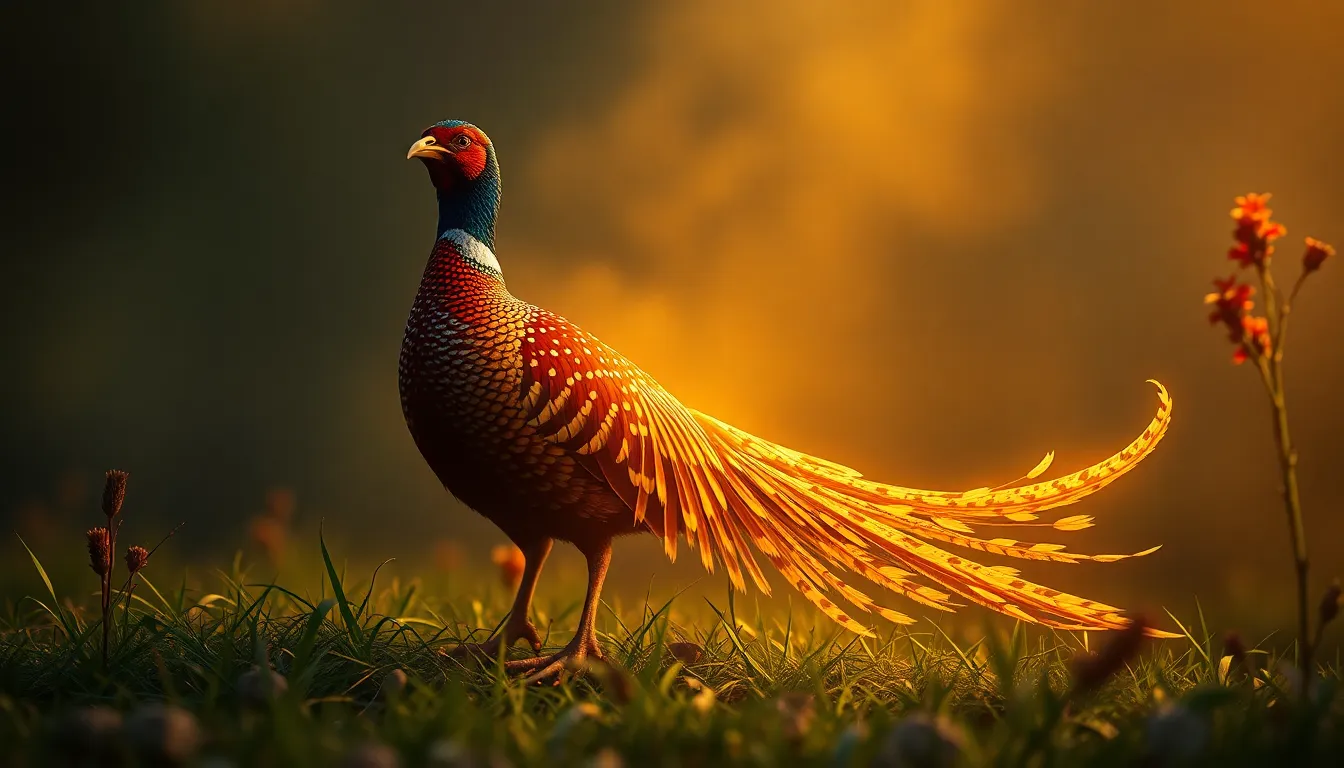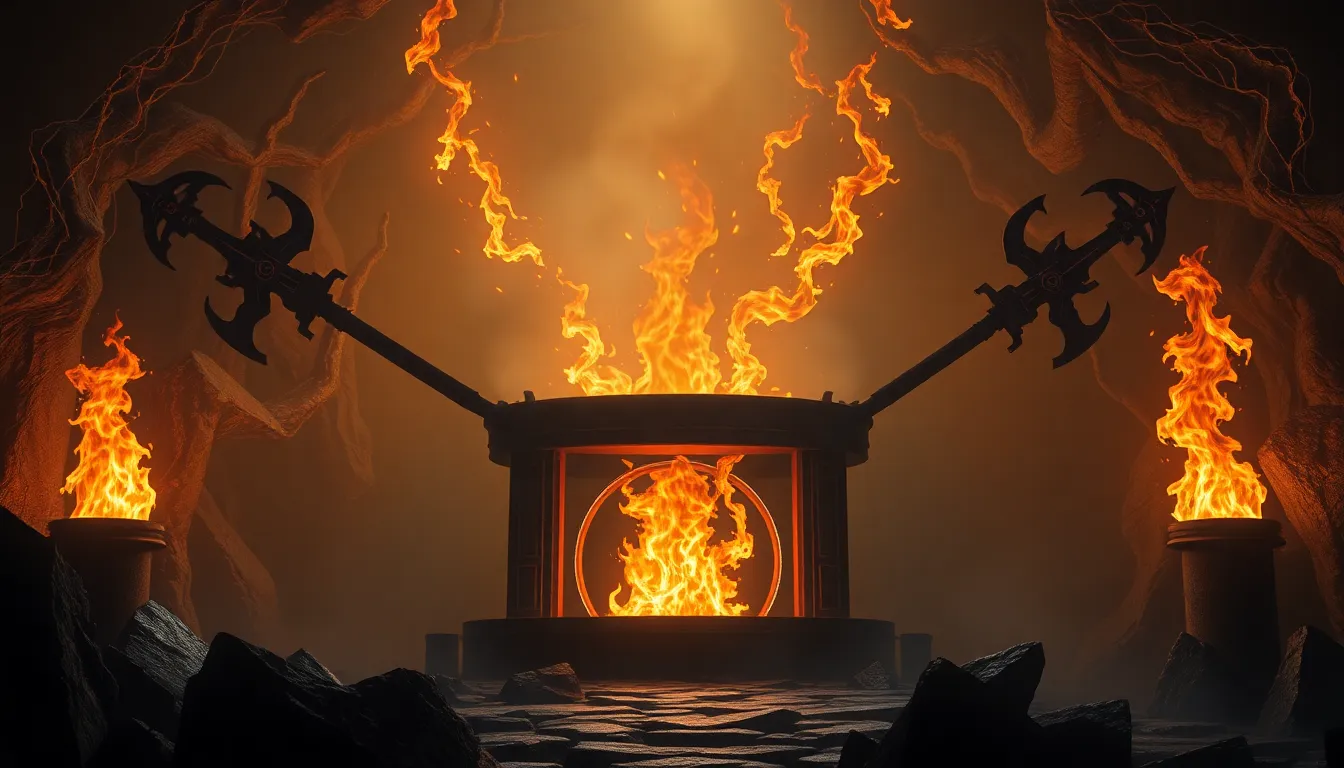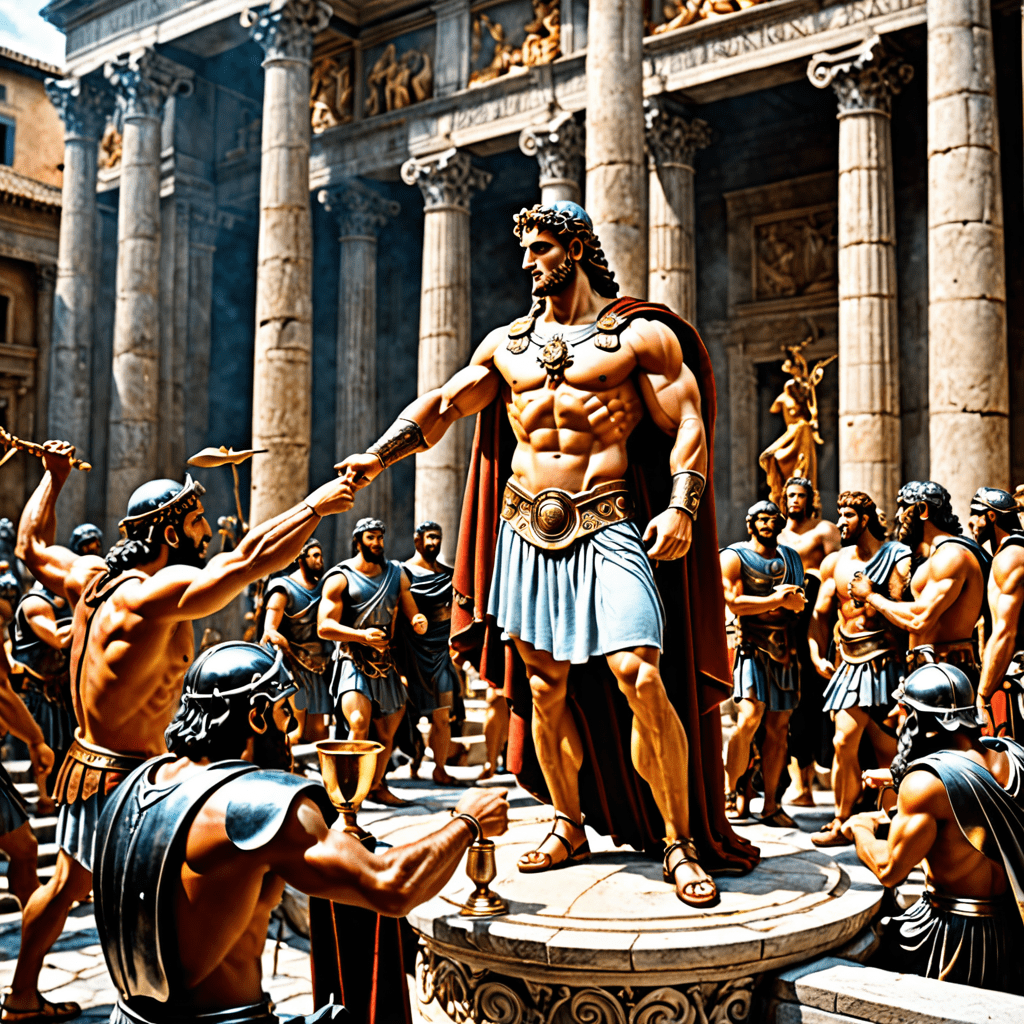The Evolution of African Mythology in Contemporary Society
I. Introduction
African mythology is a rich and diverse tapestry of stories, beliefs, and practices that have evolved over centuries. It is a vital part of African culture and identity, and it continues to influence contemporary society in many ways.
II. The Historical Significance of African Mythology
African mythology has a long and complex history. Its roots can be traced back to the earliest human settlements in Africa, and it has been shaped by a variety of factors, including the environment, social organization, and religious beliefs. African mythology has played a significant role in the development of African culture and society, and it continues to be an important source of inspiration and guidance for Africans today.
III. The Transmission and Evolution of African Mythology
African mythology has been transmitted orally from generation to generation. This has allowed it to evolve and adapt to changing circumstances. In recent years, African mythology has also been transmitted through written texts, such as novels, poems, and plays. This has helped to make it more accessible to a wider audience, and it has contributed to its continued evolution.
IV. African Mythology in the Diaspora
The African diaspora has had a profound impact on African mythology. When Africans were forcibly taken to the Americas and other parts of the world, they brought their mythology with them. This mythology has evolved in the diaspora, and it has been influenced by the cultures of the new lands in which Africans have settled. As a result, there are now many different versions of African mythology, each with its own unique characteristics.
V. The Role of African Mythology in Modern Literature
African mythology has played a significant role in the development of modern literature. Many African writers have drawn inspiration from their own mythology, and they have used it to create powerful and moving works of art. Some of the most famous African writers who have used mythology in their work include Chinua Achebe, Wole Soyinka, and Ngũgĩ wa Thiong'o.
VI. African Mythology in Contemporary Art and Culture
African mythology has also had a significant impact on contemporary art and culture. African artists have used mythology to create powerful and evocative works of art, including paintings, sculptures, and installations. African mythology has also been used as a source of inspiration for fashion, music, and dance.
VII. The Revival and Preservation of African Mythology
In recent years, there has been a growing interest in the revival and preservation of African mythology. This interest has been fueled by a number of factors, including the increasing awareness of the importance of African culture and the desire to connect with one's roots. There are now a number of organizations and initiatives that are working to revive and preserve African mythology, and these efforts are having a positive impact on the transmission of this important cultural heritage.
VIII. The Influence of African Mythology on Global Culture
African mythology has had a significant influence on global culture. African myths and legends have been adopted and adapted by people from all over the world, and they have become part of the global cultural landscape. African mythology has also influenced the development of Western culture, and it continues to be a source of inspiration for artists, writers, and musicians around the world.
IX. The Future of African Mythology in Contemporary Society
The future of African mythology in contemporary society is bright. African mythology is a vibrant and dynamic tradition that is constantly evolving and adapting to new circumstances. It is a vital part of African culture and identity, and it continues to play an important role in the lives of Africans today. As the world becomes increasingly interconnected, African mythology is likely to have an even greater impact on global culture in the years to come.
X. Conclusion
African mythology is a rich and diverse tradition that has evolved over centuries. It has played a significant role in the development of African culture and society, and it continues to be an important source of inspiration and guidance for Africans today. African mythology has also had a significant impact on global culture, and it is likely to continue to do so in the years to come.
FAQs
What is African mythology?
African mythology is a rich and diverse tapestry of stories, beliefs, and practices that have evolved over centuries. It is a vital part of African culture and identity, and it continues to influence contemporary society in many ways.
How has African mythology evolved over time?
African mythology has evolved over time through a process of oral transmission and adaptation. It has been shaped by a variety of factors, including the environment, social organization, and religious beliefs.
What is the significance of African mythology in contemporary society?
African mythology continues to play an important role in contemporary society. It is a source of inspiration and guidance for Africans today, and it has also had a significant impact on global culture.
How can we preserve African mythology for future generations?
There are a number of ways to preserve African mythology for future generations. One important way is to document it in written form. Another way is to support organizations and initiatives that are working to revive and preserve African mythology.



